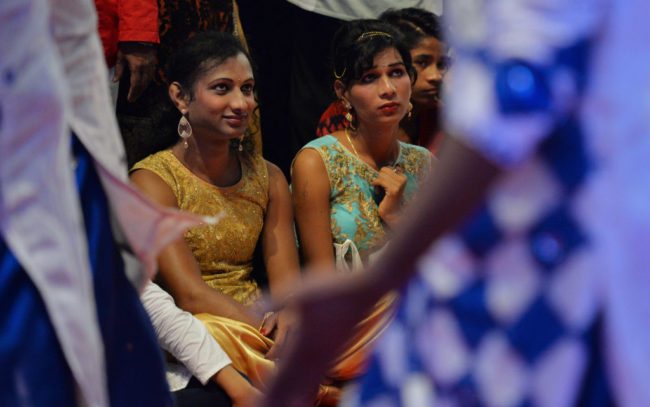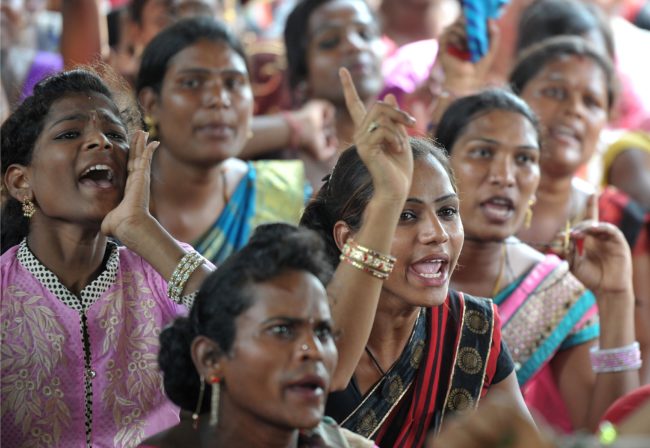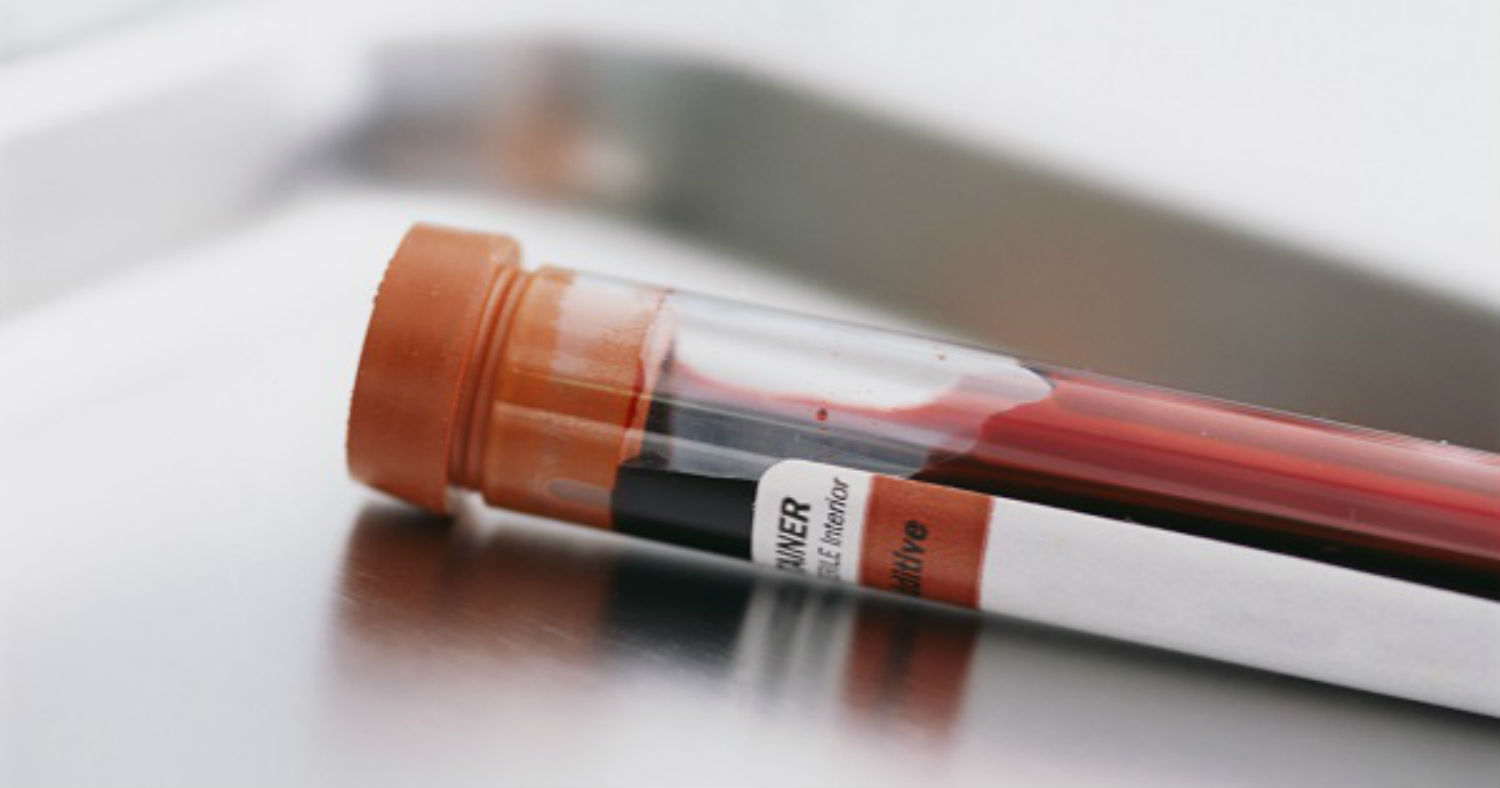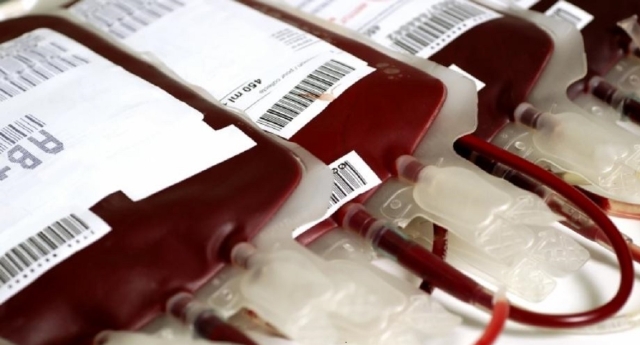A child was dumped by her parents because a transgender woman donated blood to her

(Creative Commons)
A child in India was abandoned by its parents after they discovered that her blood donor was a transgender woman.
Rekha (not her real name) saved the anaemic baby’s life with a blood transfusion, but later found the baby outside her house with a handwritten note attached.
The parents had deserted the child as they were worried she would become “one of them” – meaning a trans person – because a trans woman’s blood was running through her veins.
So Rekha decided to adopt and raise the baby herself.

Indian transgender women (Getty)
Trans people in India suffer high levels of discrimination, with nearly half of all trans children being subjected to violence before they turn 18.
Rekha said: “I myself have gone through the pain of being rejected by one’s own family.
I think I am connected to her by this bond,” she added to The Stories of Change.
The child, now six, was confirmed by the hospital to be the same child Rekha had donated blood to the previous day.

Indian transgender women (NOAH SEELAM/AFP/Getty Images)
The parents had wanted to personally meet Rekha and thank her for her help.
But when they found out she was trans, their behaviour completely changed.
The difficulties of being a transgender person in India – and specifically a trans parent – were highlighted earlier this year by a moving advert.
The child, who is now attending school, was the second person Rekha had donated blood to.
The discrimination prevented her from telling her story for several years.
“I was unable to muster the courage for the next four years,” she said.
“But eventually, I understood that I could not let the happiness of donating blood be overshadowed by the incident.”
Blood discrimination is a common prejudice that the trans and wider LGBT+ community face in India.
Rekha continues to donate blood, but an RTI (Right to Information) has revealed that the National AIDS Control Organisation (NACO) considers the LGBT+ community as a “high-risk group”.
This means that LGBT+ people are banned from donating blood.

Activist Srini Ramaswami connected the discrimination to the wider issue of the association between LGBT people and the spread of HIV.
“If we flip the coin we realise even when someone from the community is in need of blood, people usually don’t come forward,” he said.
“If there is a loophole in the medical procedures it needs to be standardised.
“With a ban, we are encouraging people to lie about their sexual identity, thus further increasing the spread of HIV.”

Unlike India, the blood ban in the UK is becoming increasingly relaxed, with the deferral period set to be decreased from 12 to 3 months.
This is in stark contrast to New Delhi, where several large hospitals have disqualified queer people from donating blood.
Khoon, a blood donation initiative, is trying to address the issue by bridging the gap between the community and Indian society.
Rekha said that “before expecting people to help us in this cause, we want them to solve the very problem of discriminating against the LGBTQ community.
“The discrimination is so deep-rooted that there seems to be little hope even for the future.
“As for me and my friends, we never stopped giving back to society. We still go and donate blood with our identities hidden now of course,” she said.

